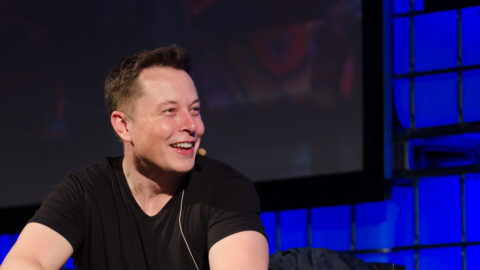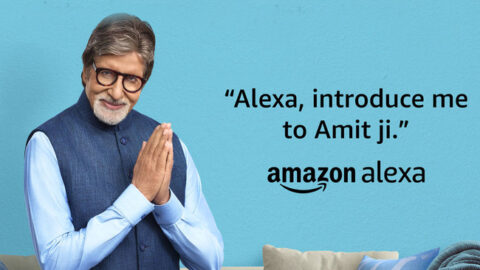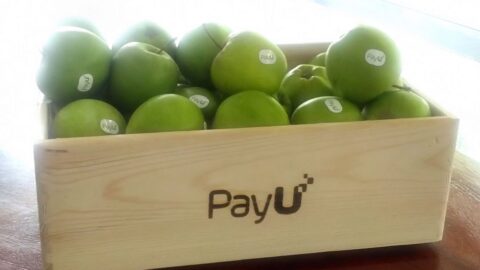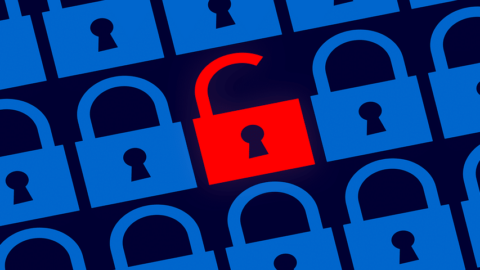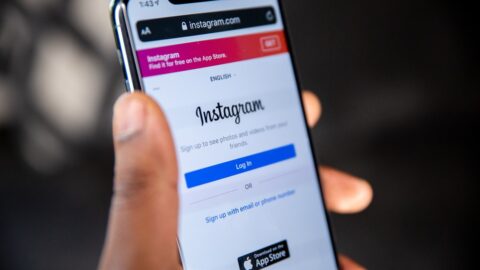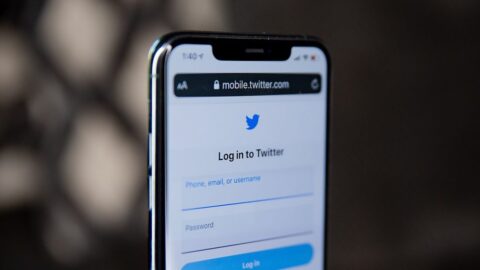Following the controversy about Facebook’s content moderation policies about Indian politicians, an Indian Parliamentary Committee will question high profile Facebook executives about the regulation of political content on the platform. The questioning comes just days after a similar grilling of Mark Zuckerberg was done by a US Congress sub-committee on a rather similar controversy.
Facebook’s content controversy ensued when The Wall Street Journal published an article about how Facebook was siding with the ruling BJP party in India and was not removing hate speeches posted by them. The report was shared by Congress leader Rahul Gandhi, which cause the entire controversy to further escalate.
The Information Technology Panel will be questioning top Facebook executives at 2 PM on 2nd September for 30 minutes, reports Reuters.
Facebook’s policies on content moderation have long been under question, not just in India, but globally. In India however, the company has rather escaped most scrutiny due to lack of political will from either side of the political specturm. This panel questioning will perhaps be the first major government-led scrutiny that will happen towards Facebook’s highly controversial content policing methods.
Not surprisingly, this controversy also led to a heated debate between primary opposition party Congress and the ruling BJP. Rahul Gandhi of the Congress has accused BJP of manipulating social media and news platforms. “They spread fake news and hatred through it and use it to influence the electorate,” tweeted Rahul Gandhi. Gandhi has gone on to say that Facebook and Whatsapp are controlled by the BJP and its affiliates in India. Moreover, the INC also wrote a letter to Mark Zuckerberg, expressing their concerns and providing viable solutions.
Facebook has more than 300 million users in India, who come from different economic, ethnic, and religious backgrounds which makes this controversy a very delicate and important issue. “The subject is serious because of Facebook’s extensive reach in India … and the potential for hate speech to incite violence and other unlawful behavior,” one of the panel members told Reuters.
Now, the company’s top executives have been called to appear on Sept. 2 before the information technology panel. Reuters reports that the meeting will last 30 minutes.
This is not the first time that the company has been summoned by representatives of a state. Just last month, the company was forced to push its quarterly earnings call back a day because Zuckerberg had to appear before U.S. Congress. In this hearing, he was grilled for facilitating monopolistic practices in his company,where it was found that he considered Instagram a threat to Facebook when it started.
The entire India controversy erupted when a BJP politician named T. Raja Singh said in a post on Facebook that “Rohingya Muslim immigrants should be shot, called Muslims traitors and threatened to raze mosques.”, The post, which clearly incited communal violence, remained on the social media platform despite severe criticism.
WSJ came out with an article, wherein it alleges that despite criticism, Facebook executives, including senior level public policy heads, denied removing the post. The report further says that Ankhi Das, a top Facebook India executive, allegedly said that punishing politicians from Mr. Modi’s party would damage the company’s business prospects in the country.
Facebook India head responds
In a response to the whole ordeal, and probably to gain some goodwill before the hearing, Ajit Mohan, Vice President and Managing Director, Facebook India has pleaded Facebook India’s innocence and said that the platform is “open, transparent and non-partisan.”
“The decisions around content escalations are not made unilaterally by just one person ; rather, they are inclusive of views from different teams and disciplines within the company. The process comes with robust checks and balances built in to ensure that the policies are implemented as they are intended to be and take into consideration applicable local laws,” he said.
He went on to say that the platform has no place for hate speech and that it imposes its policies globally without regard to anyone’s political position, party affiliation or religious and cultural belief.

